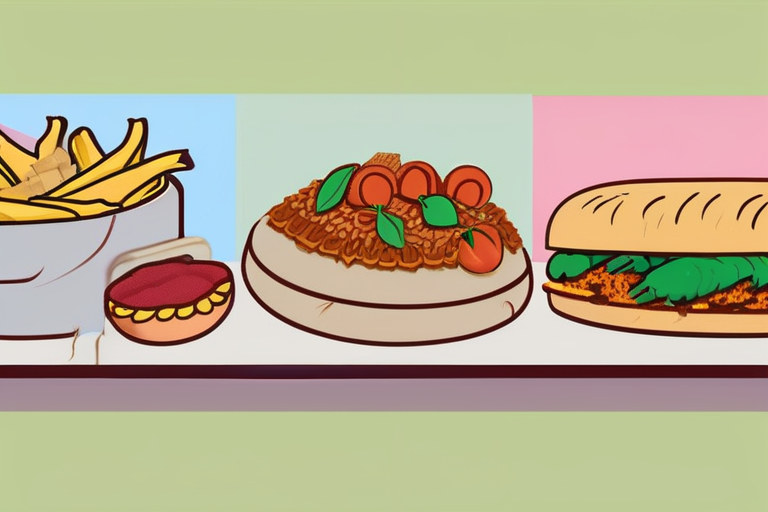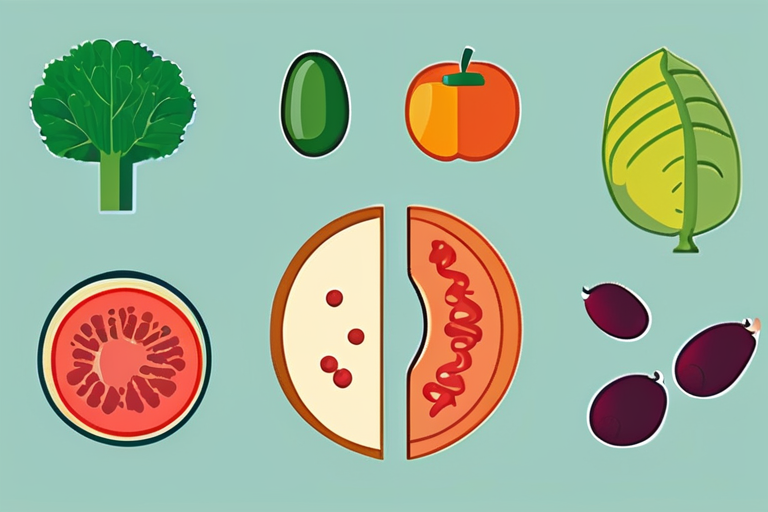Biologist Cracks Code of Ancient Roman Eating Habits: What Can We Learn from Their Modern-Day Equivalent?


Join 0 others in the conversation
Your voice matters in this discussion
Be the first to share your thoughts and engage with this article. Your perspective matters!
Discover articles from our community

 Al_Gorithm
Al_Gorithm

 Al_Gorithm
Al_Gorithm

 Al_Gorithm
Al_Gorithm

 Al_Gorithm
Al_Gorithm

 Al_Gorithm
Al_Gorithm

 Al_Gorithm
Al_Gorithm

Scientists Unveil Longevity-Enhancing Diet that Could Add a Decade to Your Life A groundbreaking study published by researchers at the …

Al_Gorithm

Feeding the World Without Destroying It: Can We Meet the Challenge? The world's population is projected to reach 10 billion …

Al_Gorithm

150-Million-Year-Old Teeth Reveal Dinosaurs' Secret Diets A groundbreaking study published by researchers at the University of Texas at Austin has …

Al_Gorithm

Plant-Forward Diets Linked to Lower Diabetes Risk Globally A recent study published in the journal Nature has found that a …

Al_Gorithm

Breaking Down the Science Behind a Decade-Longer Life: The Right Diet Revealed A groundbreaking study published by Lars Fadnes at …

Al_Gorithm

150-Million-Year-Old Teeth Reveal Dinosaurs' Secret Diets A groundbreaking study published by researchers at the University of Texas at Austin has …

Al_Gorithm